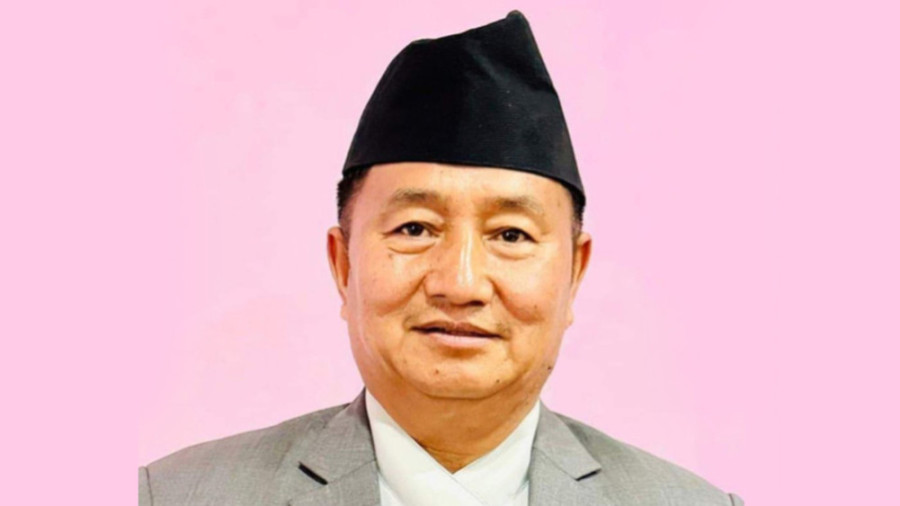National
Bagmati Chief Minister Lama resigns amid intra-party feud
Lama steps down after losing provincial assembly leadership of the party.
Post Report
Bagmati Province Chief Minister Bahadur Singh Lama resigned from the post on Sunday, ending weeks of confusion within the ruling Nepali Congress after he was ousted as the party’s provincial assembly leader.
Announcing his resignation at a press conference in Kathmandu, Lama said he was stepping down to uphold democratic norms and party discipline, and as per the request made by party president Sher Bahadur Deuba.
“Although there is still a constitutional ground for me to continue, I have chosen to resign to respect the party’s internal process,” Lama stated.
Lama’s resignation follows an internal setback last week when he was removed from the party’s provincial assembly leadership. Indra Bahadur Baniya, president of the Nepali Congress’ Bagmati chapter, defeated Lama in the race for the party’s assembly leader as 22 of the total 37 Congress lawmakers in the province stood in favour of him while Lama secured only 14 votes, on July 30. Before that, a no-confidence motion against Lama was also endorsed by a majority of Congress lawmakers.
Assuming the role of chief minister on July 25, 2024, Lama served for 374 days. During the press conference, he presented a brief account of his administration’s achievements and defended his decisions made during his tenure.
Lama had initially resisted pressure to resign, insisting that losing the parliamentary leadership did not legally require him to vacate the chief minister’s post.
In a controversial move seen as an attempt to cling to power, he appointed three new ministers to his Cabinet on the same day he lost the leadership vote.
With Lama’s departure, the path is now clear for the formation of a new provincial government under the leadership of Baniya, who has already been elected as the party’s assembly leader.
The Congress holds 37 seats in the 110-member provincial assembly, and internal unity will be key to ensuring stable governance.
Observers view Lama’s resignation as a strategic retreat that could help preserve party unity in a politically volatile province. Both Lama and Baniya are considered close confidants of the party president Deuba.




 22.11°C Kathmandu
22.11°C Kathmandu













